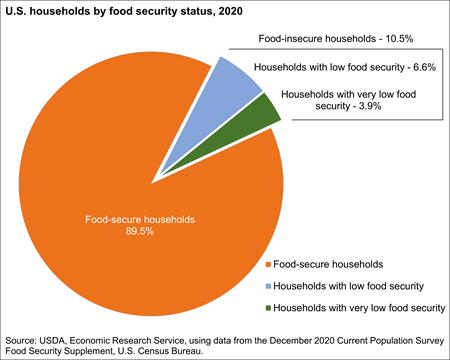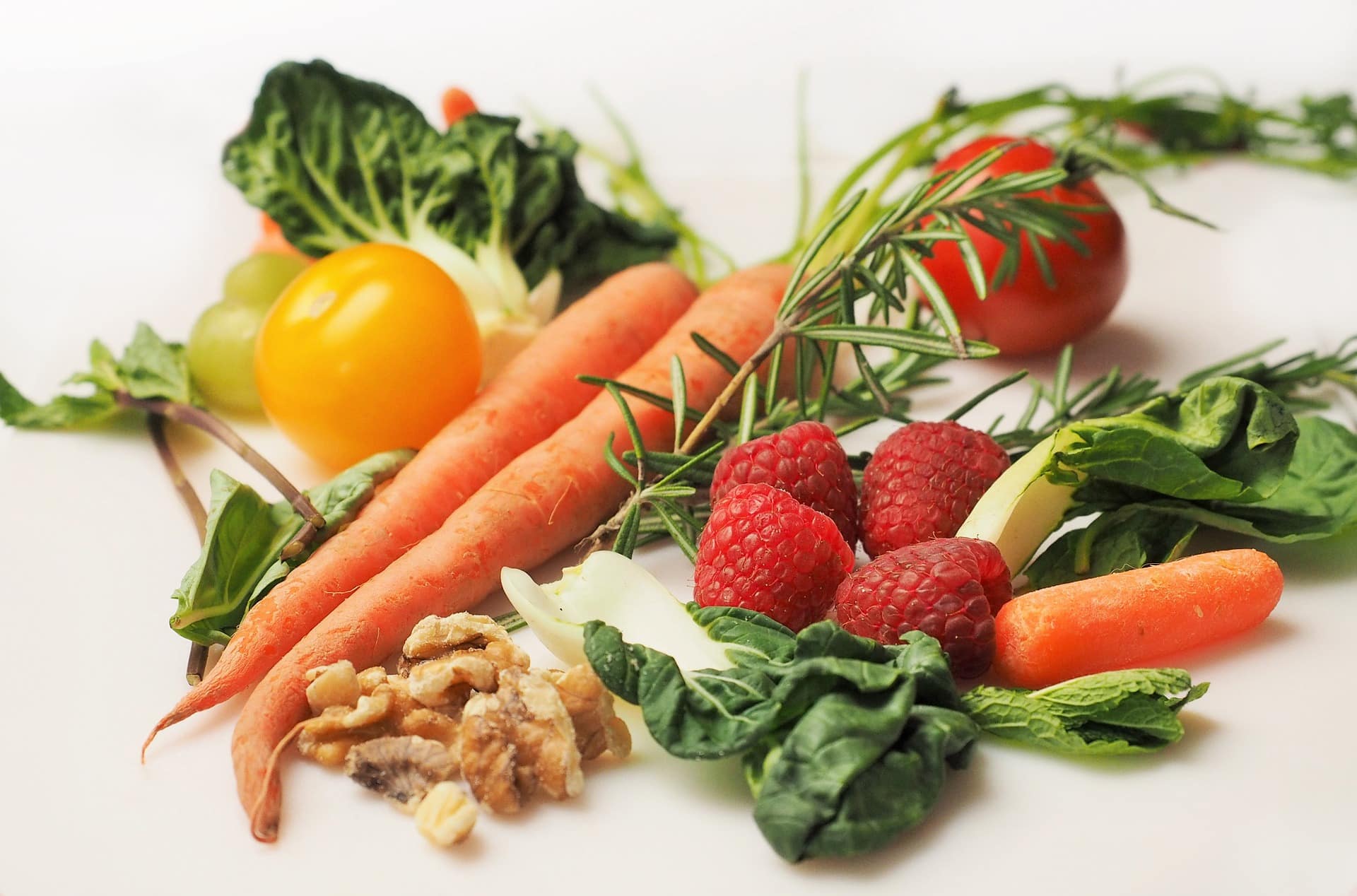According to the World Health Organization, one in three people, around three billion in total worldwide, suffer from some element of malnutrition.
“I believe food security should be a right not a privilege. No person should have to worry about finding nutritious and delicious food to help them reach their nutrition needs and goals,” shares Borlaug Scholar Isabella Fiore. “Global food insecurity cripples’ nations around the world and prevents positive economic and agricultural growth. Food insecurity and poverty work like a positive feedback loop, we must decide to tackle both to increase the prevalence of well-fed individuals and communities around the world.”

To combat poor dietary health and food security, the USDA National Institute of Food and Agriculture (NIFA) announced their nearly $40 million investment for the Gus Schumacher Nutrition Incentive Program (GusNIP) Produce Prescription Program. The funding falls under the USDA American Rescue Plan Act.
Stakeholders from different parts of the food and healthcare systems have come together through GusNIP projects to, “foster understanding to improve the health and nutrition status of participating households, facilitate growth in underrepresented areas and communities, as well as collect and aggregate data to identify best practices on a broad scale,” shared a release from the USDA.
GusNIP Produce Prescription projects offer financial and non-financial stimulus’ to income-eligible individuals and families to obtain fresh fruits and vegetables. GusNIP hopes to improve dietary health with an increase in consumption of fruits and vegetables, decrease in individual and household food insecurity and lessened associated health care costs, stated the release.
“Produce Prescriptions projects are already making an invaluable impact throughout the nation, providing access to fresh fruits and vegetables to people who may not otherwise be able to afford them,” said acting NIFA director Dionne Toombs. “This funding will allow NIFA to support even more Produce Prescription projects that will both improve dietary health and reduce food insecurity for those in need.”
$17.5 million will be used to back GusNIP Produce Prescription applications from 2021. The funds will also allow active GusNIP awardees who have not yet implemented GusNIP COVID Relief and Response awards to request project enhancement funding. NIFA will inform eligible organizations and offer additional details.
The remaining $22.5 million will fund FY2022 projects. The Request for Applications remains open until June 30, 2022.
Read More About Ways to Combat Food Insecurity:
Food Security is a Right, Not a Privilege
Seed Banks Could Hold the Key to Food Security, Climate Change Mitigation
Improving Forages for Food Security
Seed is the Cornerstone of Food SecurityPartnership Creates Biodefense Lab Focused on Food Security











